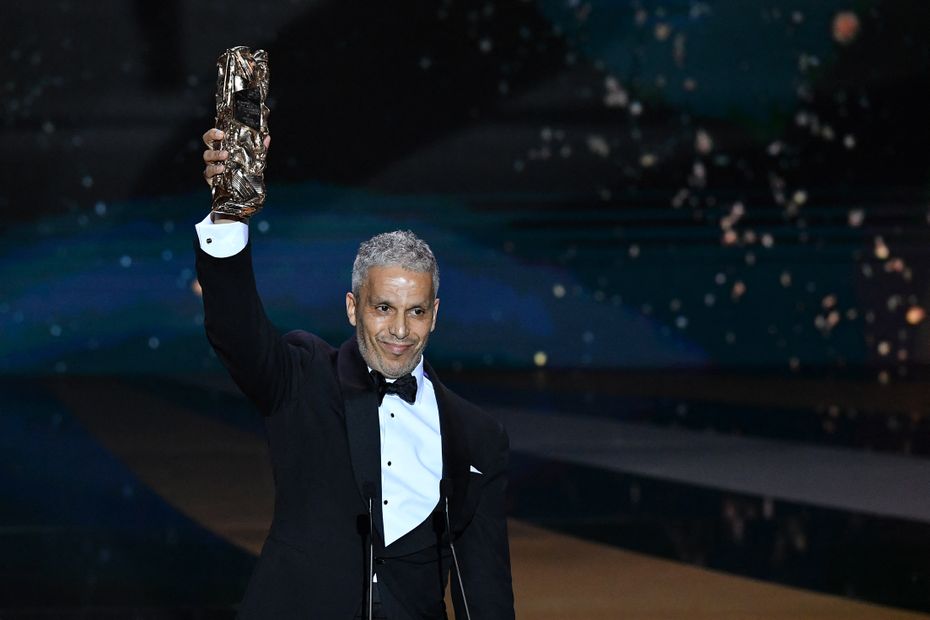“Dear Minister, dear Gordan hello, welcome to Athens.
It is with great pleasure that I welcome you here in Athens today on this follow-up visit to Zagreb during the Croatian Presidency. And I would like to thank both you personally and Croatia for carrying out this presidency under particularly difficult conditions.
You were the first country to be forced to adapt to the extremely difficult new situation of the pandemic and you have succeeded in doing so.
In our discussion today, we reviewed our bilateral relations, our excellent bilateral relations. As you know, the Prime Minister of Croatia, Mr. Plenkovic and the Prime Minister of Greece, Mr. Kyriakos Mitsotakis enjoy very close friendly relations.
And I want to thank you for having been kind enough to recall that Greece was the first country to come to the aid of Croatia after the earthquake.
We were given the opportunity to discuss the prospects for deepening our cooperation. We talked about the major importance that we both attach to the Trans-Adriatic Pipeline (TAP) and its vertical ramifications, such as the Ionian-Adriatic pipeline. These projects significantly contribute to the energy security of our region.
And, of course, we discussed our cooperation within the framework of the European Union. In this context, I would like to thank Croatia and the Minister who is here today, but also the Prime Minister, Mr Plenkovic, for their support shown a year ago, through the visit of the Croatian Prime Minister during the Croatian Presidency at our borders, in Evros, when there was this attempt to provoke a massive influx of migrants into European territory.
Greece – as I have had the opportunity to repeat – supports Croatia’s accession to the hard core of the European Union, including the Schengen area and the euro area.
And, of course, we debated in detail the European perspective of the countries of the Western Balkans, always within the framework of conditionality, criteria that have been set for each country. And we have agreed with the Croatian side and my friend and colleague that for us the question of the Western Balkans constitutes a strategic priority and a common objective.
I also reiterated our will in favor of the organization of an intergovernmental conference with North Macedonia but also with Albania, once the criteria set by the European Council have been met.
We also referred to the non-paper on the European perspective of Bosnia and Herzegovina that we too in Greece supported and discussed in detail the issues relating to Bosnia and Herzegovina.
In addition, we discussed issues relating to regional cooperation and in this regard I referred to the presidency that will be held by Greece within the framework of the initiative for cooperation in South-Eastern Europe.
In view of the imminent European Council, we discussed Euro-Turkish relations and the opportunity was given to me to point out that the report to be submitted by the European bodies should be balanced. It must include proposals, both for the positive agenda and for the possible adoption of restrictive measures if the neighboring country, Turkey, is again tempted to show infringing behavior.
I also pointed out to my colleague – and we will also discuss this over lunch – what the framework of our discussions with Turkey is and what exactly the exploratory contacts which are not negotiations mean.
We also referred to the need to set up a framework for close cooperation and dialogue between the two foreign ministries.
It is very important for us to develop a closer relationship with Croatia. The fact that we do not have bilateral disputes should not allow us to distance ourselves from each other.
On the other hand, precisely because we do not have bilateral disputes, we must work more in favor of the positive agenda. We must promote our economic relations, our efforts for a common understanding of the problems and a common approach towards them, in favor of a common perception of our future around the Mediterranean. A common perception of how to manage the questions relating to the delimitation of maritime zones posed by the Mediterranean and which are and must be considered within the framework of the International Convention on the Law of the Sea – which constitutes international law – of which the Croatia is a signatory and adhering country individually and as a member state of the European Union.
Dear Gordan, I would like to thank you once again both for your visit here and for the close cooperation we have had and I look forward to deepening our relationship as well as our more frequent future contacts to be able to further deepen our relationship.
Thank you a lot “.
Statements by Foreign Minister Nikos Dendias (second part):
“Thank you dear Gordan.
I would like to thank you very much on behalf of Greece for agreeing to welcome the 12 unaccompanied minor children. Your support for migration issues through Frontex, but also through this gesture, is of great importance to us.
You know that we are fervent defenders of your efforts to join the MED 7 group. You are, of course, a Mediterranean country and have a very long – and very beautiful, I must say – Mediterranean coastline and we particularly welcome your participation.
Thank you. With Croatia we aspire to a common future. We thank you very much for this visit which we very much appreciated ”.
– .


